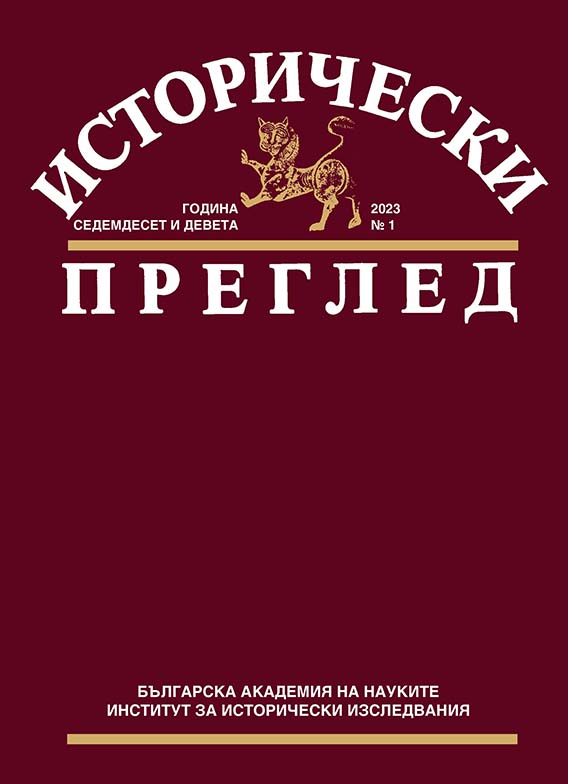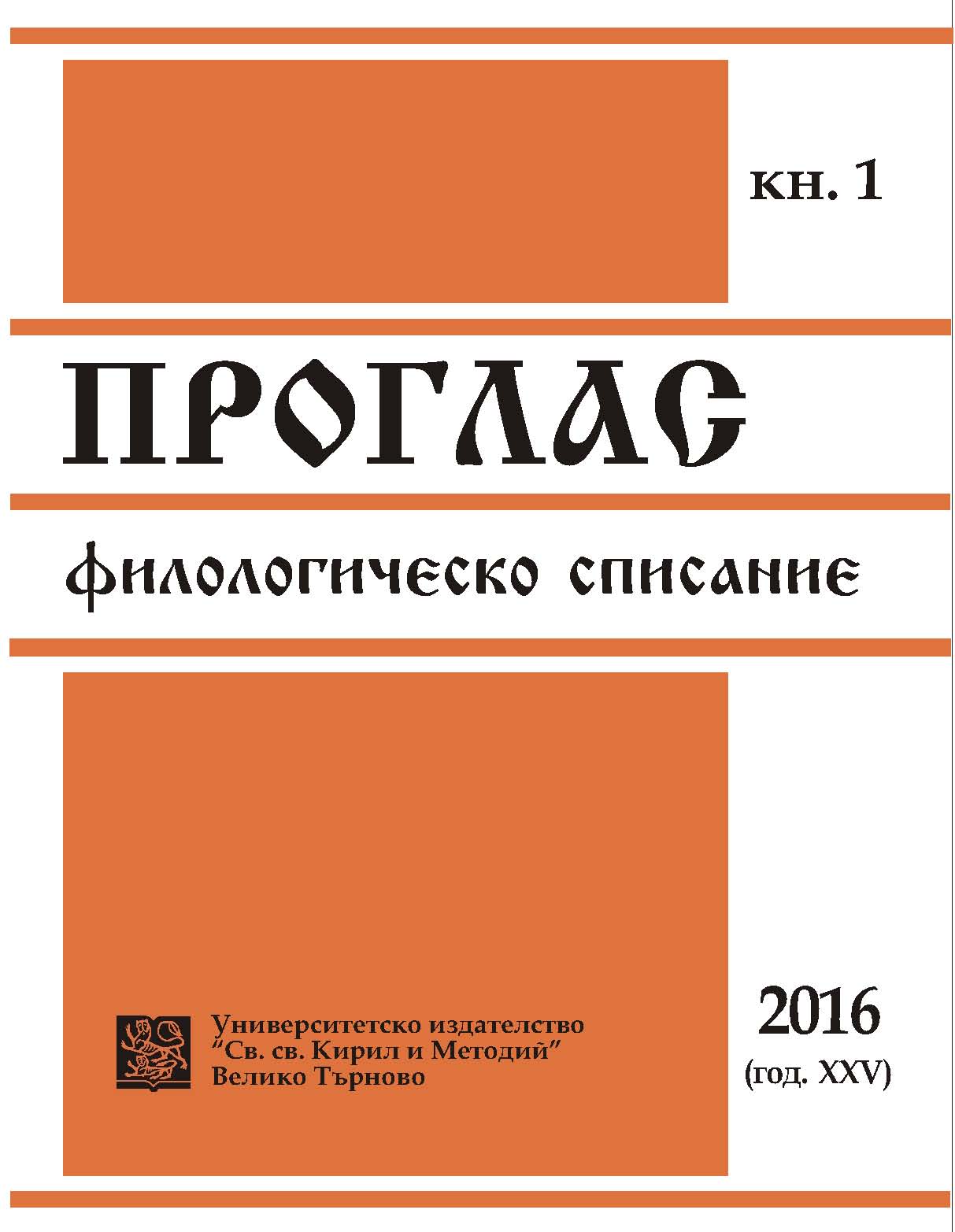
We kindly inform you that, as long as the subject affiliation of our 300.000+ articles is in progress, you might get unsufficient or no results on your third level or second level search. In this case, please broaden your search criteria.

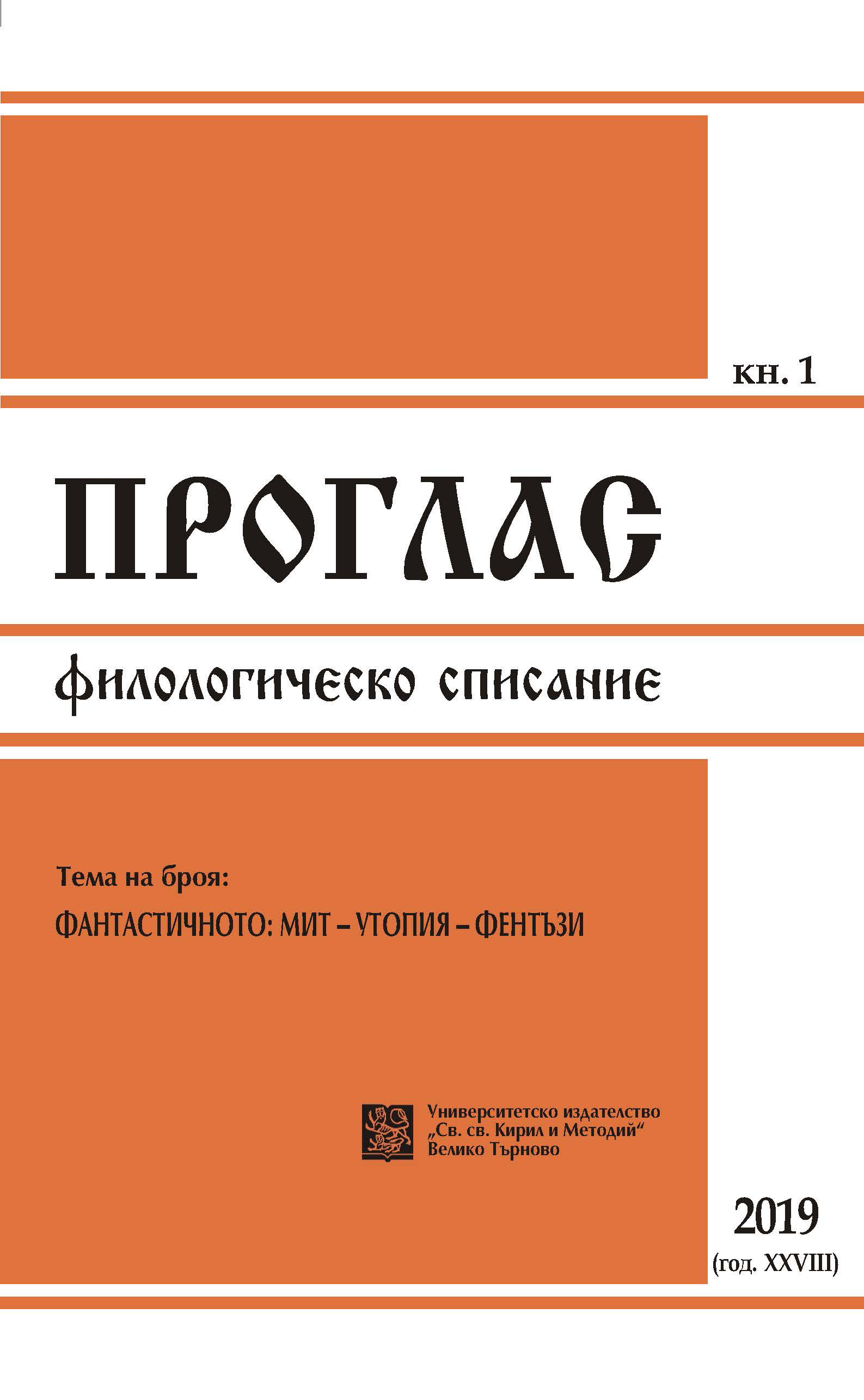
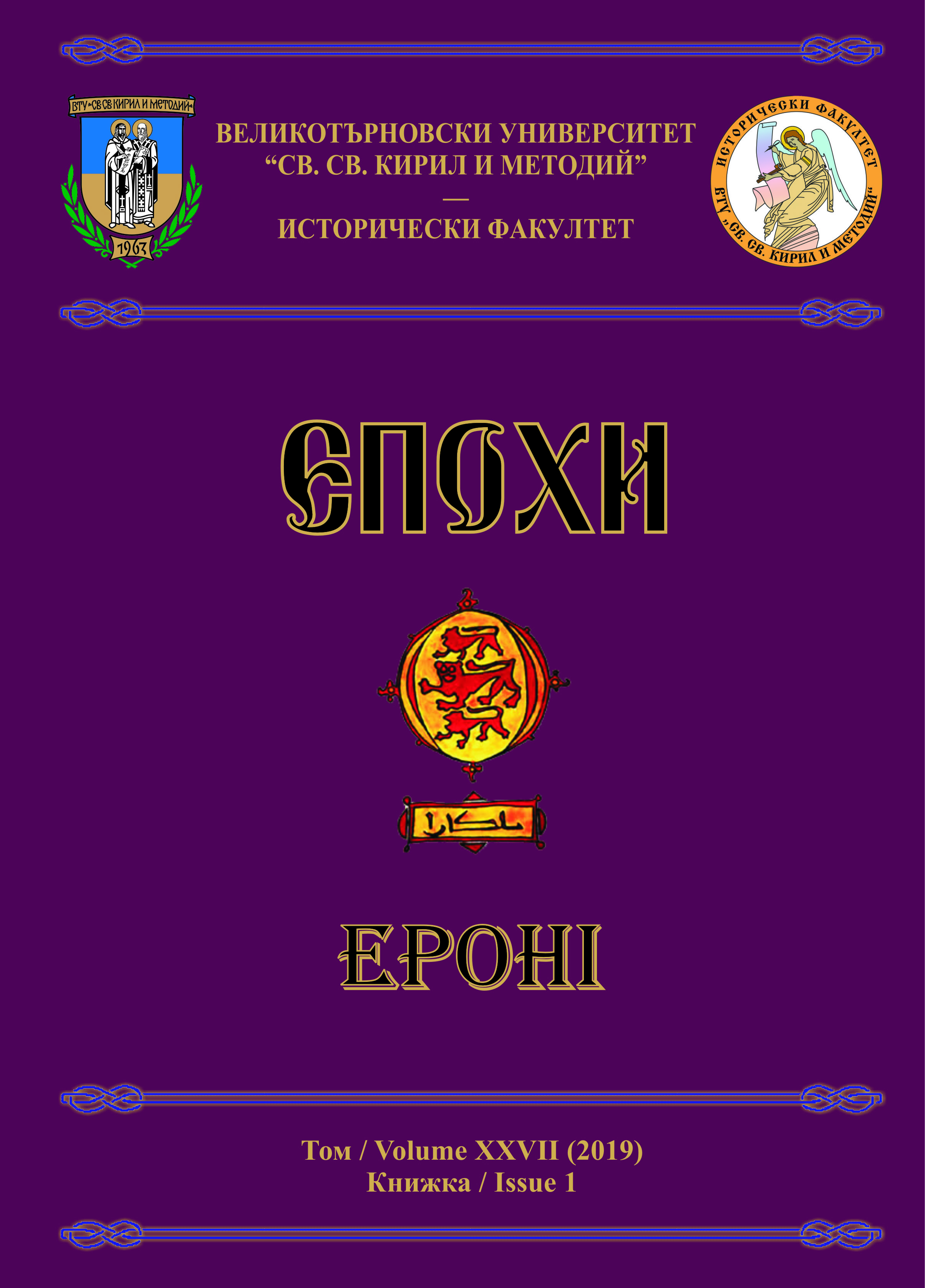
The article is dedicated to the 25th anniversary of the journal “Epochs” and to the published in it ethnological researches.
More...
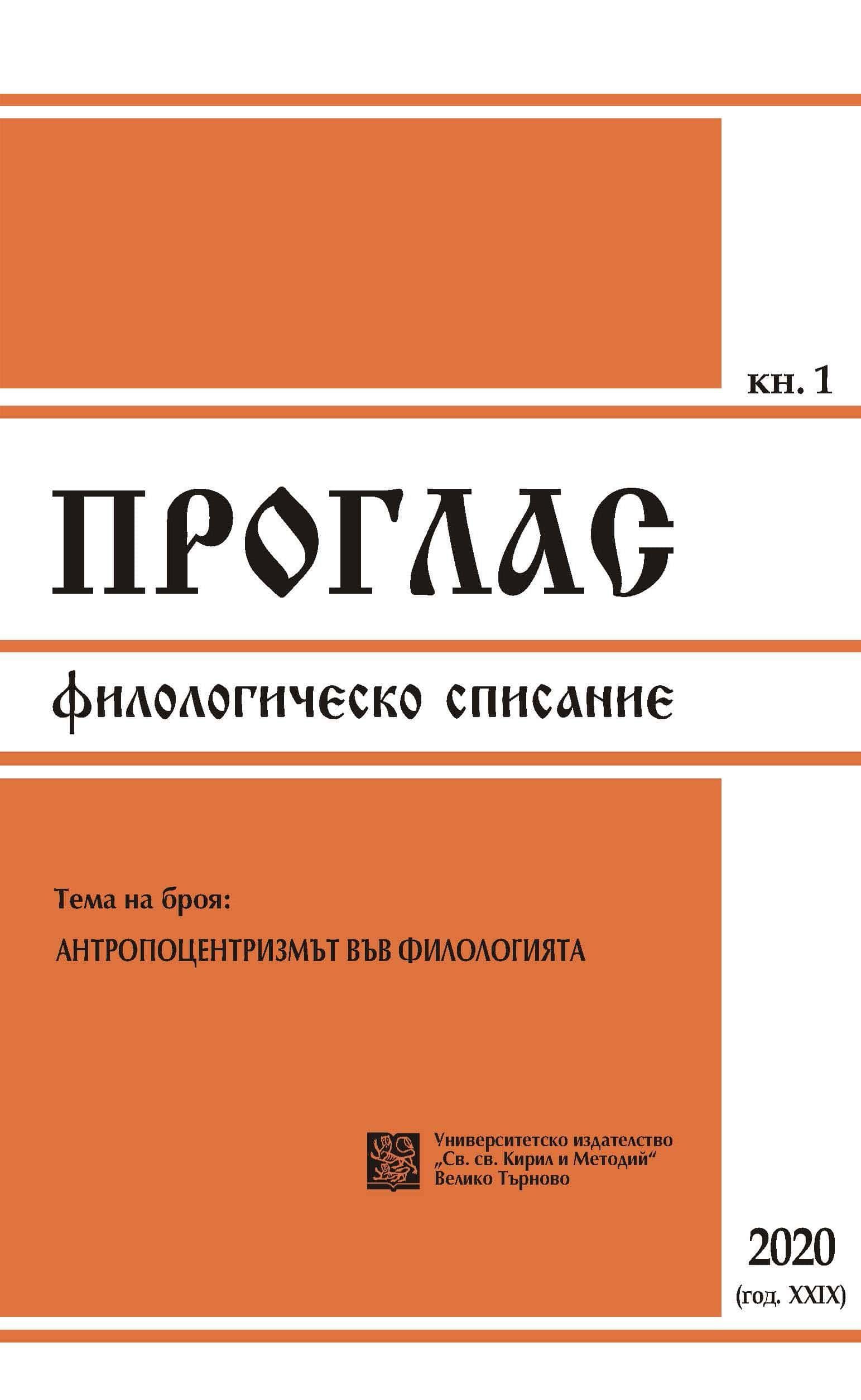
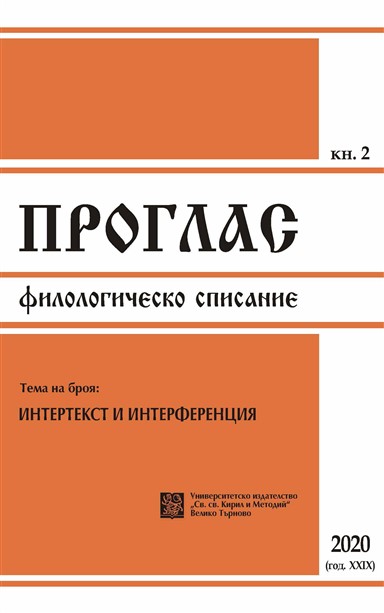
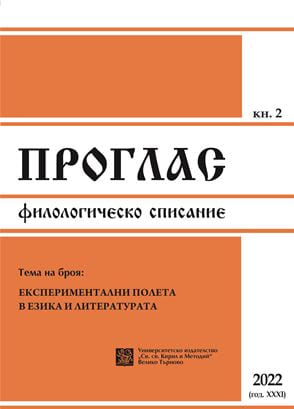
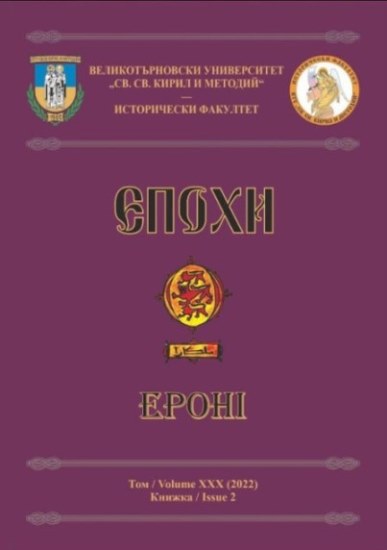
The article aims to provoke a discussion about studying and teaching tangible cultural heritage in Bulgaria. It compares the curricula in Ethnology at different universities. It is obvious that very little attention is drawn to the tangible cultural heritage. This leads to very poor preparation of students who are about to become teachers or to work in museums. A new trend for change is observed at St. Cyril and St. Methodius University of Veliko Tarnovo. It is taught by the expert in tangible cultural heritage Pavlin Chaushev, PhD. In recent years, the number of lecture courses in which he presents various aspects of material culture from antiquity to the present day has increased. Plamen Sabev, PhD, who is Head of the Laboratory for restoration and conservation at the Regional Museum of History in Veliko Tarnovo, was also involved in teaching ethnologists. His expertise in 3D reconstructions of museum sites is particularly interesting and promising for students. The author points out the positive effect of studying and teaching tangible and intangible cultural heritage at the University on students, and hopes this trend to be shared by other universities.
More...


The article is dedicated to one of the most prominent representatives of geographical thought in Bulgaria – Prof. Marin Devedzhiev, Dr. Habil, whose 100th anniversary we celebrate in 2022. Prof. Devedzhiev is the founder and first head of the Department of Geography at the Faculty of History of St. Cyril and St. Methodius University of Veliko Tarnovo. His contribution as a scientist and administrative head of various educational, public, and administrative structures in Bulgaria is highlighted. Through the historico-geographical approach, the scientific research fields are distinguished in which Marin Devedzhiev has published over 800 studies. The sectoral ‘dissection’ of his scientific profile includes: geodemography and geourbanism, geography of transport and geopolitics, and geography of service, history, economics. Also, the scientist’s theoretical, methodological, and practical contributions to the socio-economic prosperity of Bulgaria are outlined.
More...
The National Museum of Education in Gabrovo has its own specifics in terms of the preservation and promotion of cultural heritage related to the history of Bulgarian education. On the occasion of Prof. Stela Dermendzhieva’s 60th anniversary, the Museum presented a photo-documentary and multimedia exhibition for the first time in the history of modern education. Through this exhibition, it provided an opportunity for citizens, teachers, and especially adolescents to learn, through direct vision, about the rich heritage in the field of geographical practices at St. Cyril and St. Methodius University of Veliko Tarnovo, so that the will of Vasil Aprilov could be fulfilled: “We live for our descendants. Let’s get started so they can finish!”
More...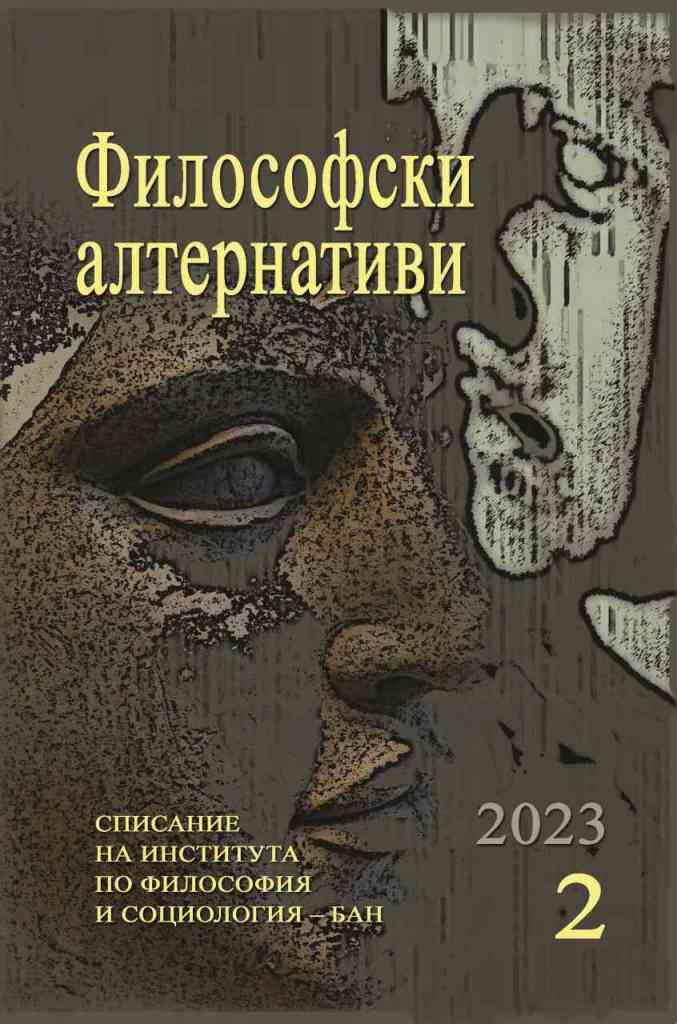

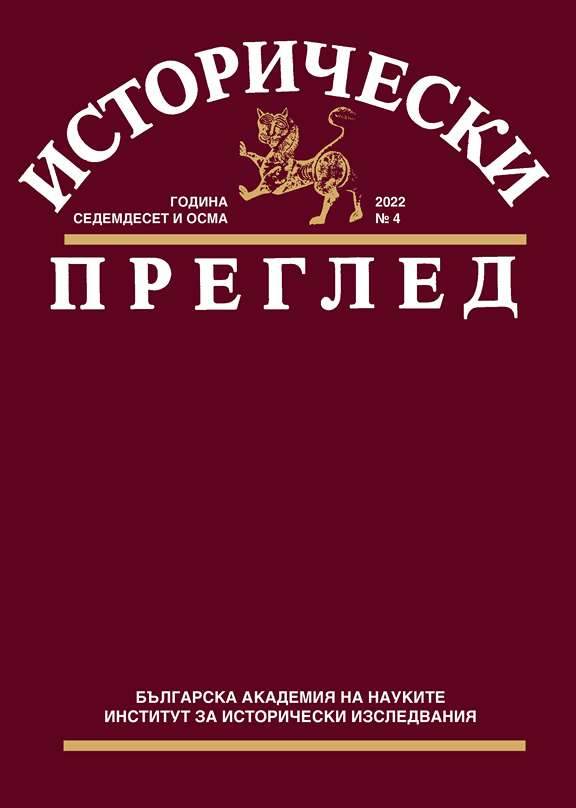
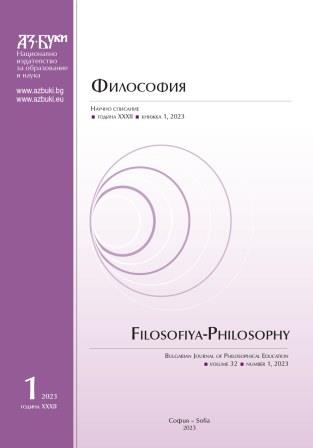
The review examines the trilogy about time of VBV, which includes poetic editions „Th:is.” (2000), “Will:” (2011) and “:was...” (2022), with the emphasis being the last volume, which appeared at the end of the past year.VBV's poetic texts are read through his ideas about “realliteratur” and the media-market “normalization” of modern culture, unfolded in a number of his theoretical observations. At the border between the poetic and the philosophical, at the point of coincidence and exchange between the two projects of the VBV, a new toolkit appears for revising the status quo, both literary and political. The meta-poeticresource of VBV's “:was...”, as well as his trilogy as a whole, allows to see in a new and heuristic way the problems of performative societies at the height of the 21st century.
More...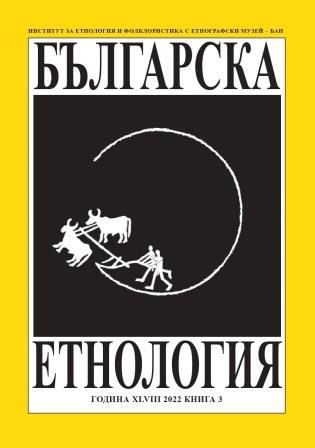
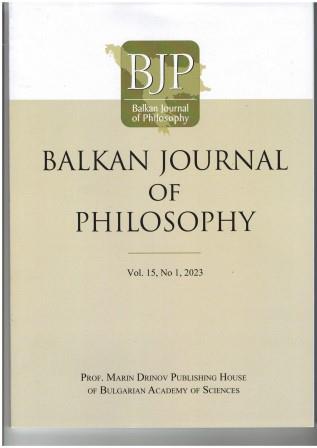
The review emphasizes the main topics and ideas in Nonka Bogomilova’s book, The Balkans: Marked Roads (1991-2016), and especially the humanist message of the book, which demolishes stereotypes and prejudices about our living space. Special attention is paid to the author’s contribution to Balkan Religious Studies as a personal, experience-based insight into the culture and characterology of the Balkans and the Balkan people.
More...
Book review. After Thomas Kuhn. The Structure of Aesthetic Revolutions, by Oana Șerban (Boston, Berlin: De Gruyter, 2022)
More...